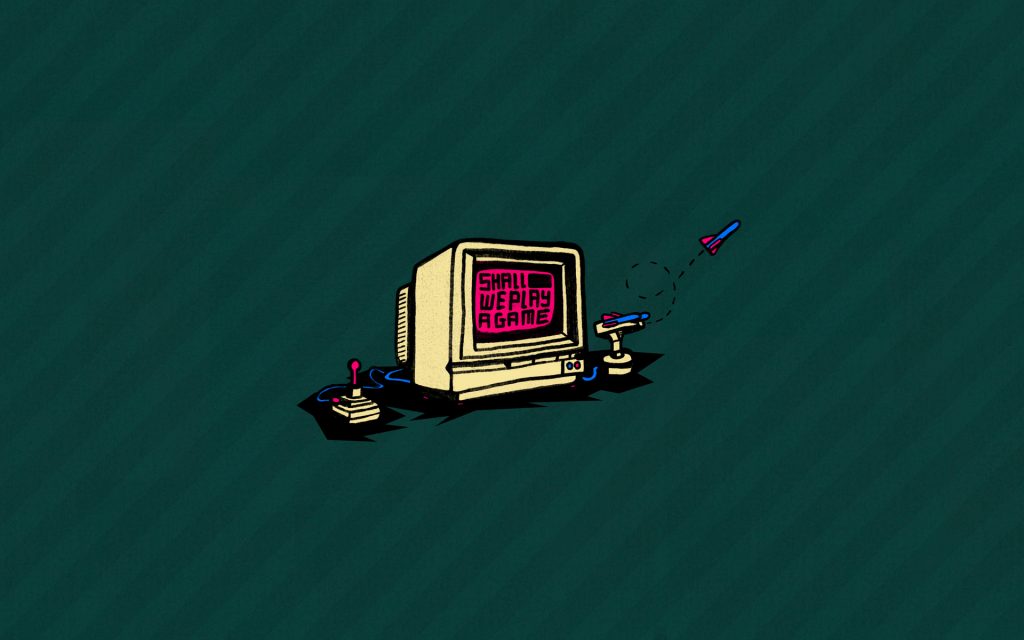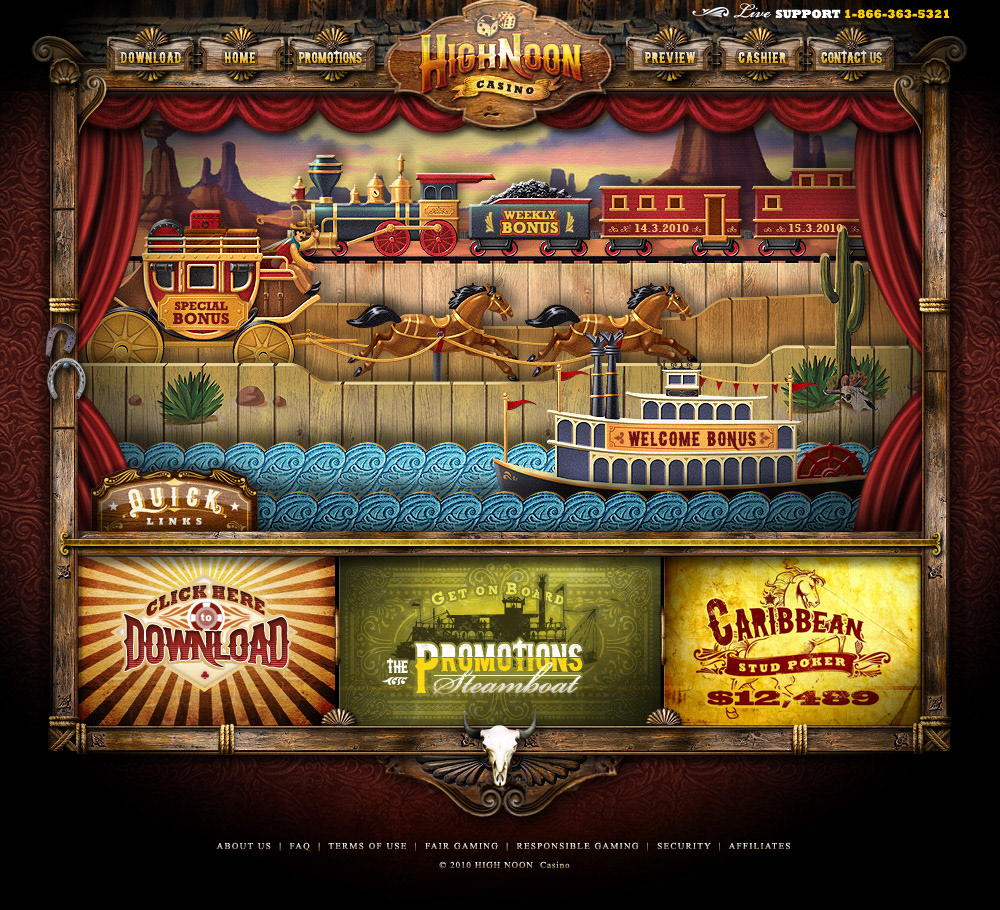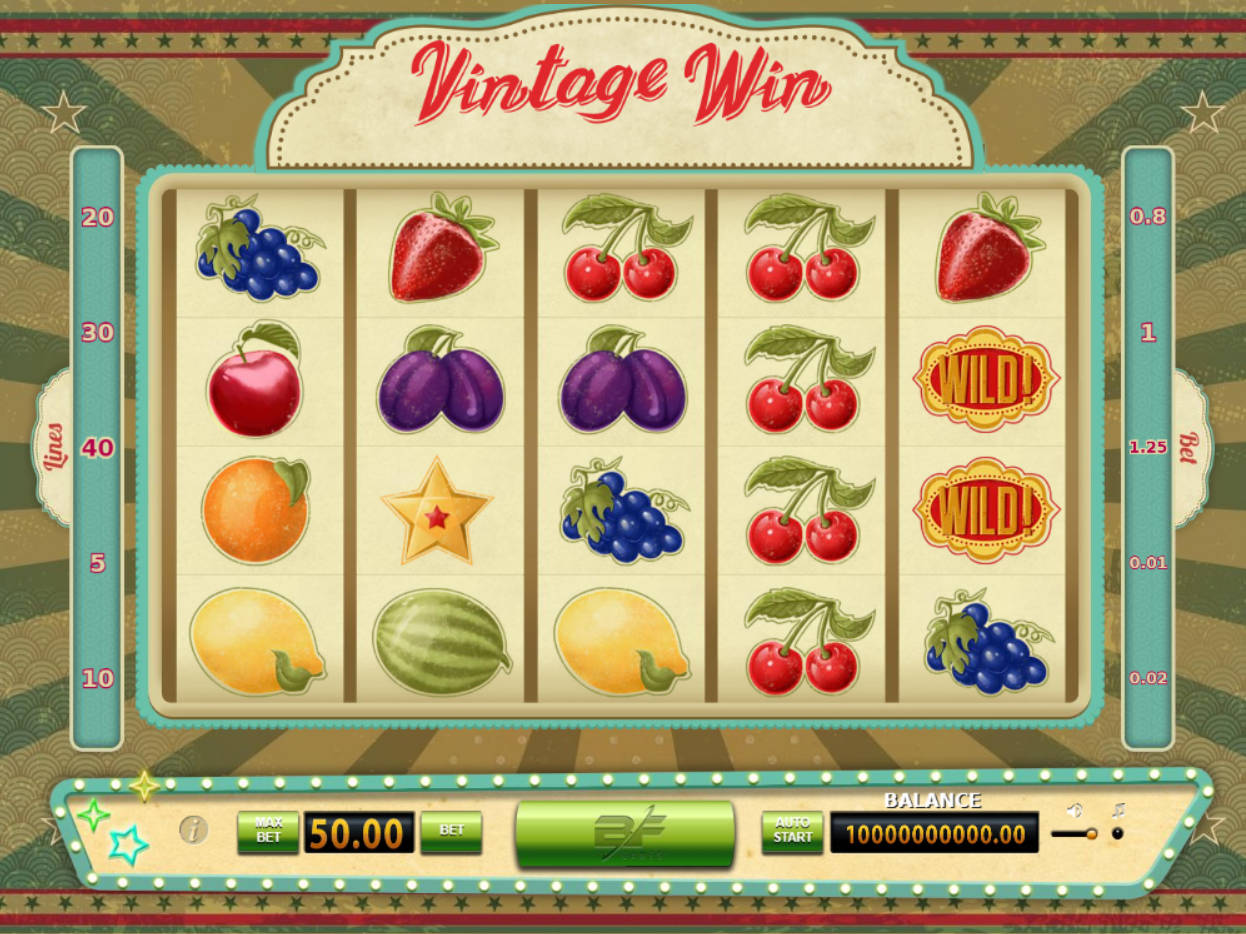Although today they are still the bread and butter of the studios that develop them, there are different games that have benefited from technological advances, particularly in servers and connections. The history of online games began well before the 2000s and before the arrival of World of Warcraft, which has become the symbol of MMORPGs with over 10 million players worldwide.
The first video games

Most of you were not even born and no, the world of online games was not born with your smartphone. In 1976 in American universities, “Multi User Dungeons” was the first networked game that allowed multiple players to meet up and play simultaneously. So, yes, it looked like an old-fashioned role-playing game where participants exchange text.
We have to wait until 1991 to see the first multiplayer game with graphics. It’s “Neverwinter Nights”, launched by AOL, which will be a huge success for the time with 150,000 subscribers. It developed the guild concept which became as important as the Eiffel Tower for tourists in the capital. However, the term MMO did not yet exist. It was not until 1996 and the online role-playing game Meridian 59 developed in a garage by Trip Hawkins that the term appeared.
The first real ‘pay-to-play’ MMORPG to become a worldwide success with 250,000 subscribers was ‘Ultima’. It built on the success of the series and used the codes of its predecessors. Its success was essential for the development of the market, as the studios realised that there was money to be made. The MMO was no longer a geeky anarchist fantasy, but a product to be exploited by multinationals.
To finish this little retro, we can’t forget the game that propelled MMOs into the mainstream world, Everquest. Based on the world of Tolkien, with more than 18 races to play, NPCs, guilds and an open world, Everquest was a worldwide success and launched MMOs for good and online gaming at the same time.
Online casino, forgotten history?

When we talk about online gaming, we forget about the whole gambling sector which has been around since the 90s. The first revolution came from the brick and mortar casinos in the 1970s. The good old one-armed bandits were gradually replaced by analogue slot machines. The computerisation of brick-and-mortar casinos gave ideas to gaming software publishers. The first blackjack software was soon launched. The first online gaming rooms and casinos were discovered, but it was an opaque world on an Internet that was still a newborn. The real kick-off is twofold. The creation of Microgaming, which launched Gaming Club, revolutionised the world of online gambling. In a second phase, it was not until the creation of a legal offer, the Free Trade and Processing Zone Act by the independent territory of Antigua and Barbuda, that online casinos could claim a licence and gain the trust of players. From the 2000s onwards, gambling became a major sector of online gaming. New licenses were created, and the players themselves invented control bodies to eradicate the crooks who were damaging the reputation of all. The sector has never stopped innovating and was the first to offer games compatible with smartphones and tablets.
Between online casinos, MMOs and e-sports, the online gaming market represents a business that weighs heavily on the web. Online games are married to the evolution of technology and the next few years promise better graphics, more powerful servers that can accommodate even more players with greater fluidity. Online casinos are also dreaming of virtual reality casinos…
